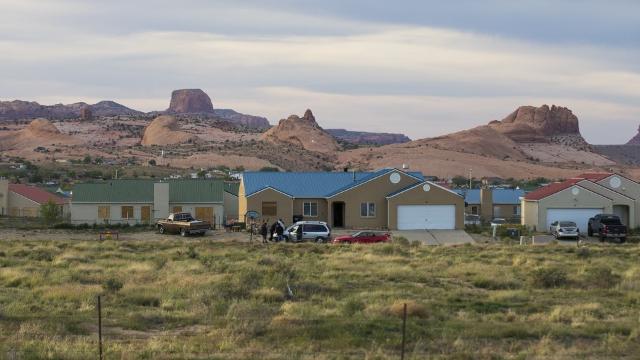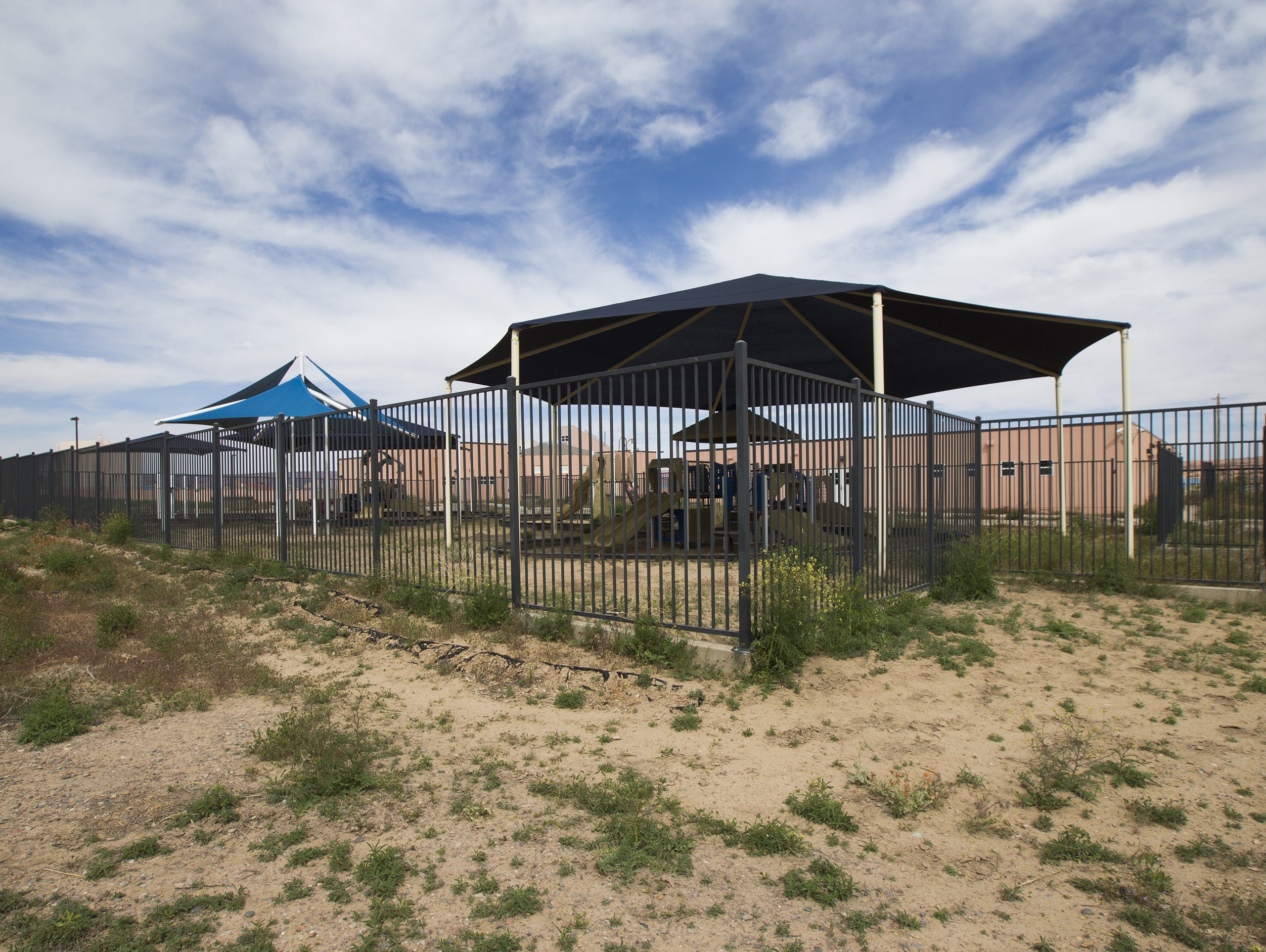John McCain: The program wasted millions – and employs more people than most states’ public housing programs. Why?

Navajo families are living a housing nightmare.
Far removed from the suburbs of Phoenix, the Navajo reservation is dotted with crumbling houses and traditional hogans deemed unfit for human habitation. An estimated 38 percent of Navajo houses lack running water and 32 percent have no electricity. Small trailers often cramp together generations of family members.
Anybody who visits the Navajo reservation can attest that its housing situation is a tragic example of inequity and human suffering. By some estimates, this sparsely populated region of the Four Corners desperately needs more than 30,000 new homes.
The federal government has been trying to chip away at this unmet housing need. Since 1996, Congress has appropriated more than $1.6 billion in U.S. Housing and Urban Development grants to the Navajo for new home construction. No other Indian tribe comes close to receiving that amount of federal housing assistance.
Stories of waste and fraud are alarming
Enter the Navajo Housing Authority, the tribal entity designated to spend HUD grants. Apparently, the NHA has largely squandered much of the assistance it has received from U.S. taxpayers, prompting calls in Congress to cut their funding.

Between 2007 and 2016, the NHA received $800 million in HUD Indian Housing block grants. However, reports indicate that a meager 758 residences were constructed during that 10-year period. This equates to 75 homes built each year at $1 million per home.
The stories of waste and fraud coming out of NHA, including those recently highlighted by The Arizona Republic series entitled “The Navajo Housing Tragedy,” are so alarming that many Navajo leaders want to strip the agency of its federal funds.
They would certainly be justified in doing so.
Agency’s misdirected focus on saving face

Undeterred, however, the NHA defends its paltry record, despite its history involving a criminal conviction for fraud and an ongoing lawsuit by HUD to recover $93 million in misspent taxpayer dollars.
A 2007 investigation by the HUD inspector general found that NHA repeatedly allowed price-gouging and excessive construction delays. Moreover, a 2014 audit by the Government Accountability Office identified more than $100 million in wasteful housing projects, including a development that was never occupied and was later demolished after falling into disrepair.
Recently, HUD officials, including a deputy administrator and federal grants specialists, reportedly visited the reservation for a week after sending a letter to the NHA seeking information on fatally flawed or failed construction projects.
All of this bad publicity recently spurred NHA to spend $1 million to retain two retired Navajo political leaders for public relations services. This is not a move in the right direction — the NHA ought to focus on building homes, not saving face.
Reforms can start with administrative cuts
I have asked the leaders of the Senate Committee on Indian Affairs to investigate NHA’s budget for “planning and administration,” which consumes nearly 20 percent of its annual grant allocation of $85 million. The NHA employs more than 360 people — an office larger than most public housing agencies in the nation, including several U.S. states as well as New York City. Reforming NHA can certainly start there.
Given its dismal and negligent track record, one could conclude that NHA operates less like a housing program and more like a jobs program. One thing is clear: the Navajo people are being robbed of their precious housing grants along with their dreams of affordable homeownership.
U.S. Sen. John McCain, a Republican, is serving in his sixth term and is a member of the Senate Committee on Indian Affairs. Twitter, @SenJohnMcCain.
